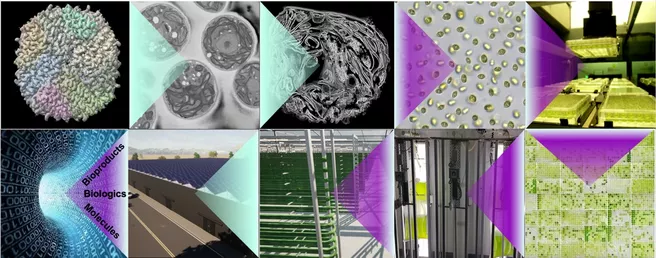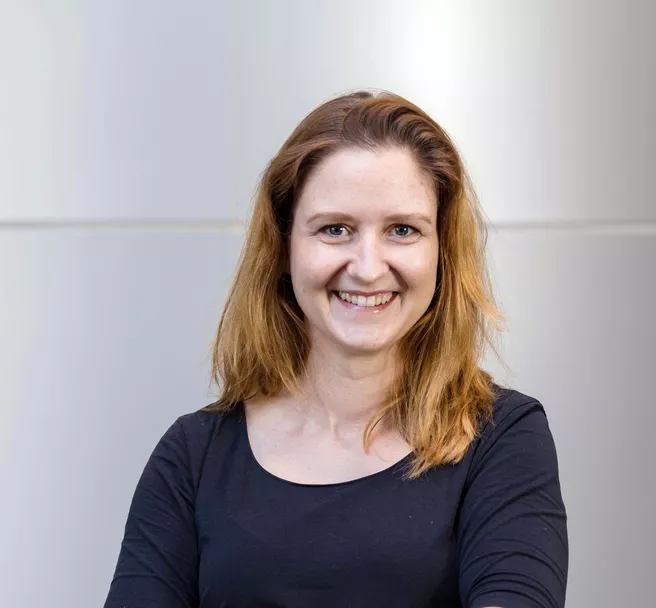Liebe MEP-Kernmitglieder, TUM-Forscher und Studierende,
Sie sind herzlich eingeladen, an unserer kommenden Vortragsreihe „New Horizons in Materials, Energy, and Process Engineering“ teilzunehmen, die vom Munich Institute of Integrated Materials, Energy and Process Engineering (MEP) veranstaltet wird.
In dieser Reihe werden Referenten aus der Industrie und führenden Universitäten Einblicke in Themen dieser interdisziplinären Forschungsbereiche geben.
Wir beginnen mit einer Präsentation über:
"Design and development of next-generation light driven biotechnologies: From atomic to industrial scale.”
von Dr. Juliane Wolf (https://researchers.uq.edu.au/researcher/16390), einer wissenschaftlichen Mitarbeiterin beim Institute for Molecular Bioscience innerhalb der Gruppe von Prof. Ben Hankamer (https://imb.uq.edu.au/research-groups/hankamer) von der University of Queensland, Australia.
Abstract:
Microalgae are rapidly growing microscopic solar driven ‘cell factories’ that sit at the nexus of today’s environmental (GHG emissions, clean water), social (energy, food) and economic challenges. The ‘Centre for Solar Biotechnology’ is focused on developing next generation microalgae systems as they tap into the power of the sun (>2300-fold total global energy demand) to produce biomass from CO2, water and nutrients. Australia is uniquely positioned to tackle the challenge of delivering cost-competitive solar biomanufacturing systems as it has vast lands, abundant solar irradiation, saline water resources and excellent infrastructure.
A wide-range of products can be manufactured: (1) High value foods and pharmaceuticals (e.g. foods/nutraceuticals, vaccines, peptide therapeutics, novel antibiotics in algae); (2) Reef protection/Bioremediation services (e.g. bioremediation technologies that minimises nutrient runoff to the reef; phyto-mining; waste stream valorisation); (3) Commodity products (e.g. animal feed, fertilisers, solar power H2 from water for fuel cells, liquid fuels).
The development of high-throughput screening (HTS) assays is central to optimize microalgae growth parameters and accelerate advancements in microalgae production scale-up, as well as the establishment of comprehensive techno-economic and life-cycle analysis platforms that further facilitate the de-risking of microalgae production for the industry.
Datum: Dienstag, 30.04.2024
Uhrzeit: 14:30 - 15:30 Uhr
Ort: Hörsaal 2, „Interims II“ 1. OG (5416.01.003), Lichtenbergstr. 2b, 85748 Garching b. München

